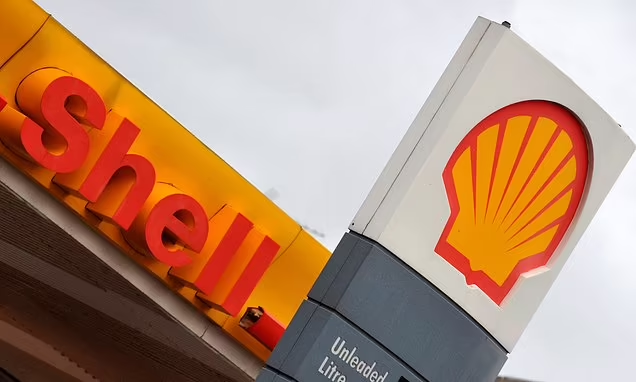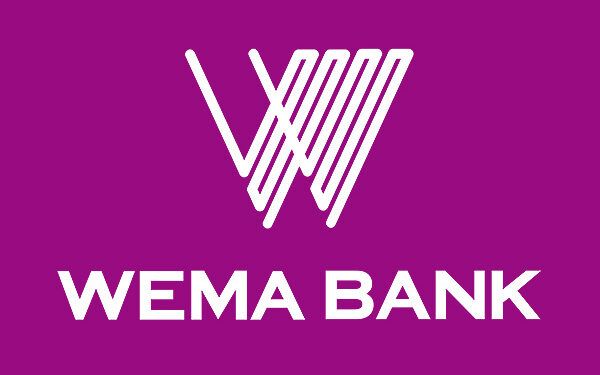By Ayomide Otitoju
British energy giant Shell reported a 35% decline in first-quarter net profit on Friday, citing weaker oil prices, but moved to reassure investors with strong shareholder returns.
In its Q1 2025 earnings statement, Shell posted a net profit of $4.8 billion attributable to shareholders, down from $7.4 billion in the same period last year. Despite the decline, the company outperformed analyst expectations and announced continued sizeable payouts to shareholders.
Shares in Shell rose over 3% in early trading on London’s FTSE 100 index, which was broadly higher on the day.
Shell and other oil majors have been grappling with a recent slide in crude prices, driven by fears that U.S. President Donald Trump’s tariffs could slow global economic growth and reduce energy demand. However, Shell remains relatively well-positioned to weather the downturn.
“Shell is one of the best-equipped oil majors to deal with a low-pricing environment,” said Derren Nathan, head of equity research at Hargreaves Lansdown. “It should be able to sustain shareholder payouts as long as oil stays above $60 per barrel.”
The company’s Q1 performance follows its decision—alongside rival BP—to scale back climate targets in favor of boosting profits through increased focus on oil and gas production.
In response to the results, Charlie Kronick, senior climate advisor at Greenpeace UK, criticized Shell’s environmental stance, stating: “Carbon polluters like Shell must pay to help make Britain more resilient against the climate crisis they are fuelling.”
Shell’s earnings follow a similarly downbeat report from BP earlier this week, which revealed a 70% fall in net profit to $687 million, driven by lower gas sales and refining margins.
Despite industry headwinds, Shell’s latest results underscore its intent to maintain shareholder value amid market volatility.











